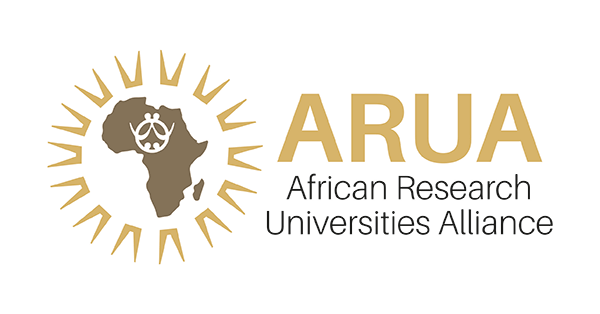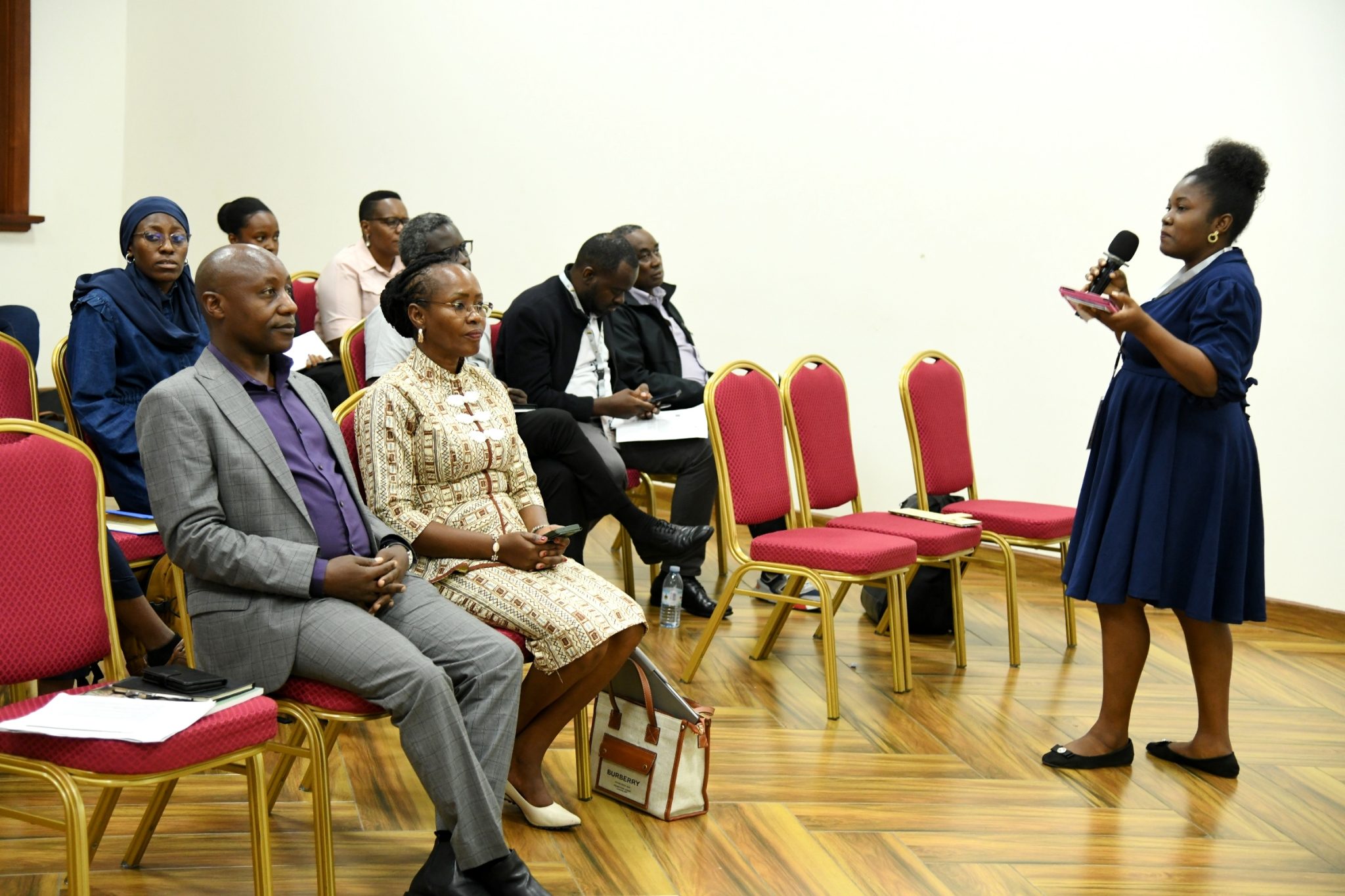
Betty Kyakuwa & Eve Nakyanzi
Scholars from across Africa and beyond convened at Makerere University for a workshop on “Techno-Colonialism: Decolonizing Artificial Intelligence (AI) for African Identity.” The event formed part of the ongoing African Research Universities Alliance (ARUA) Conference hosted at Makerere University, under the ARUA Centre of Excellence in Notions of Identity.
In her opening remarks, Prof. Sarah Ssali, Director of the ARUA Centre of Excellence in Notions of Identity, welcomed participants to what she described as a “thought-provoking engagement for early career researchers.” She noted that the Centre, hosted at Makerere University, now brings together over 10 universities across Africa and partner institutions in the Global North to examine evolving African identities in the face of global transformations.
“We don’t imagine a single African identity defined by class, tribe, or religion,” Prof. Ssali said. “We consider African identities as lived, negotiated, and continually reshaped by experiences such as colonialism, globalization, and technological change.”
The workshop was moderated by Dr. Kemi Kehinde, an ARUA–Carnegie Postdoctoral Fellow from Anchor University, Nigeria, who emphasized the need to critically examine the intersections between artificial intelligence, indigenous knowledge, and identity formation.
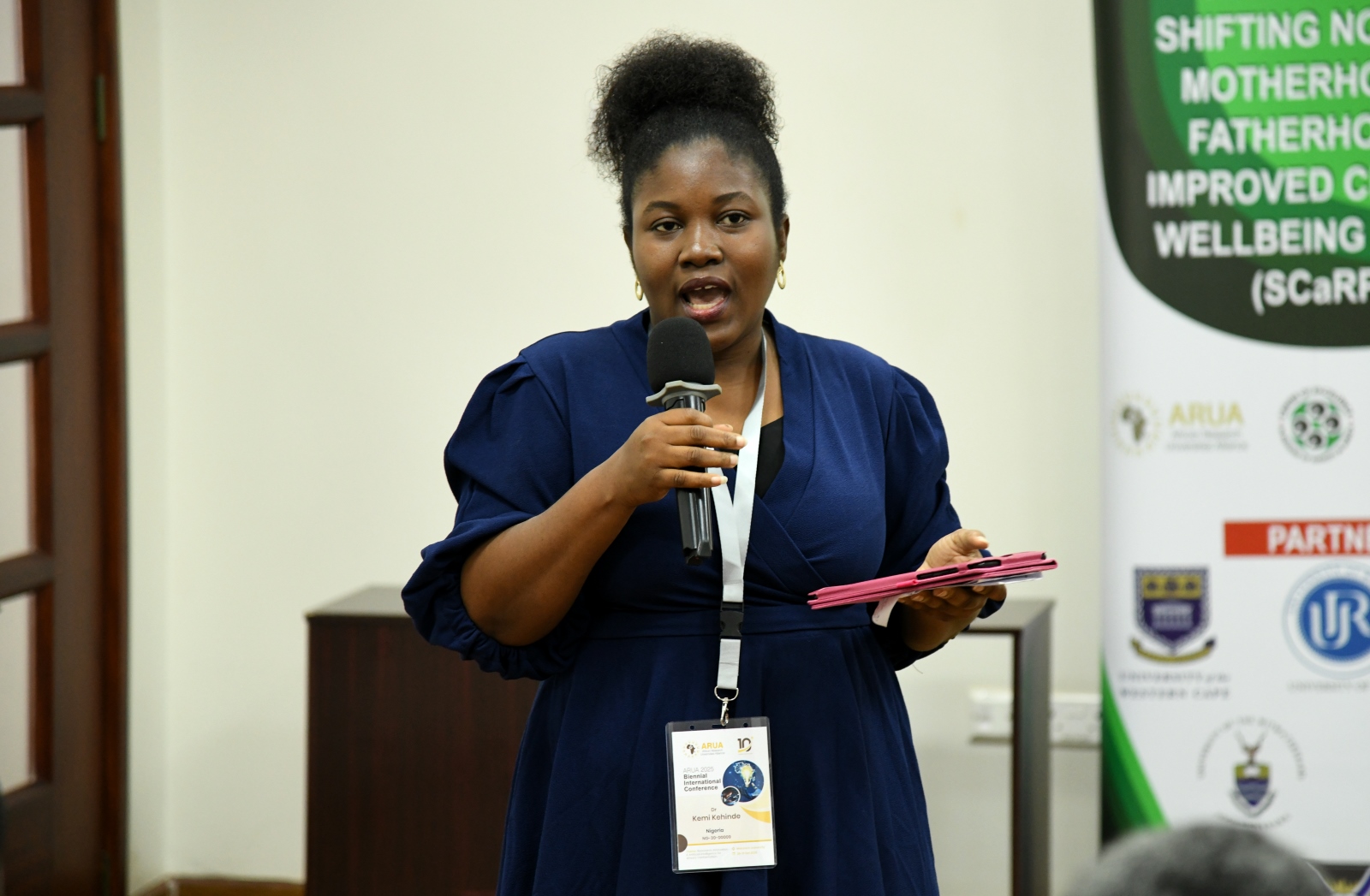
Dr. Kemi invited participants to reflect on a presentation by Dr. Sameen Musa on Indigenous Knowledge Systems and AI in the Context of Decoloniality and Sustainable Futures. She highlighted the importance of ensuring that AI systems recognize and integrate oral African traditions such as storytelling, proverbs, and performance arts—areas where current technologies often fall short.
“As young African scholars, we have a responsibility to shape the training models of AI so that future systems engage authentically with African oral traditions and worldviews,” Dr. Kemi noted.
The panel featured Prof. Aghogho Akpome from the University of Zululand, Dr. Isaac Tibasiima and Marvin Galiwango, a machine learning engineer at Makerere, and Dr. Nikolai Golovko from the Centre for African Studies at the Higher School of Economics, Moscow and Dr. Chongomweru Halimu, a lecturer at the Department of Information Technology, Makerere University.
Speaking from South Africa, Prof. Aghogho Akpome delivered a strong critique of what he termed “the intellectual dependency fostered by generative AI tools.”He cautioned that over reliance on artificial intelligence for writing and research risks eroding cognitive skills and perpetuating new forms of colonial dependence.
“The use of generative AI without critical engagement amounts to intellectual theft,” he said. “It replaces creative thought with algorithmic mimicry, and that is the essence of techno-colonialism.”
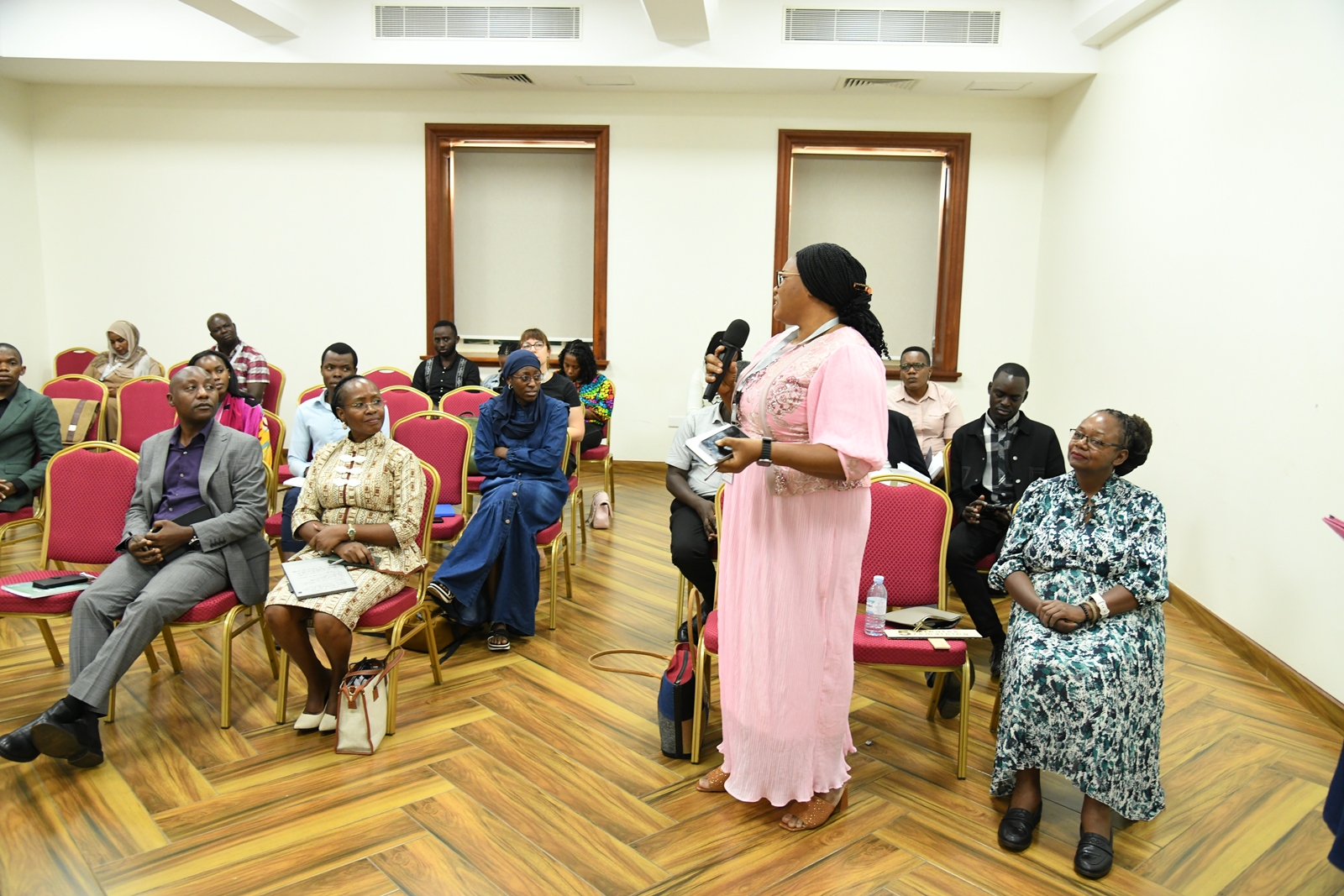
Dr. Isaac Tibasiima, from Makerere University’s Department of Literature, offered a balanced view, arguing that while AI poses risks of cultural misrepresentation, it also presents opportunities for Africans to reclaim their agency by shaping the data that powers these systems.
“We need to feed our own knowledge into AI systems—honest, transparent, contextually grounded African knowledge,” Dr. Tibasiima said. “That’s the path to inclusion and authentic representation.”
From Moscow, Dr. Nikolai Golovko provided a global policy perspective, noting that while 11 African countries have adopted national AI strategies, implementation remains limited by resource and data inequalities. He warned that foreign-designed algorithms often ignore local contexts, reinforcing what he called “algorithmic colonialism.”
“African governments and universities must prioritize indigenous participation in AI design,” Dr. Golovko urged. “Otherwise, we risk reproducing colonial hierarchies in digital form.”
Dr. Halimu Chongomweru discussed the theme “Techno-Colonialism and Decolonizing Artificial Intelligence (AI) for African Ideas.” He argued that today’s global digital ecosystem mirrors historical patterns of colonial exploitation—only now, instead of natural resources, Africa’s data is being extracted to fuel AI economies controlled by others.
He described this as a form of modern colonialism, not through armies or flags, but through algorithms, cloud servers, and digital platforms that define African problems and solutions without African participation. These systems enrich others while disempowering African communities.
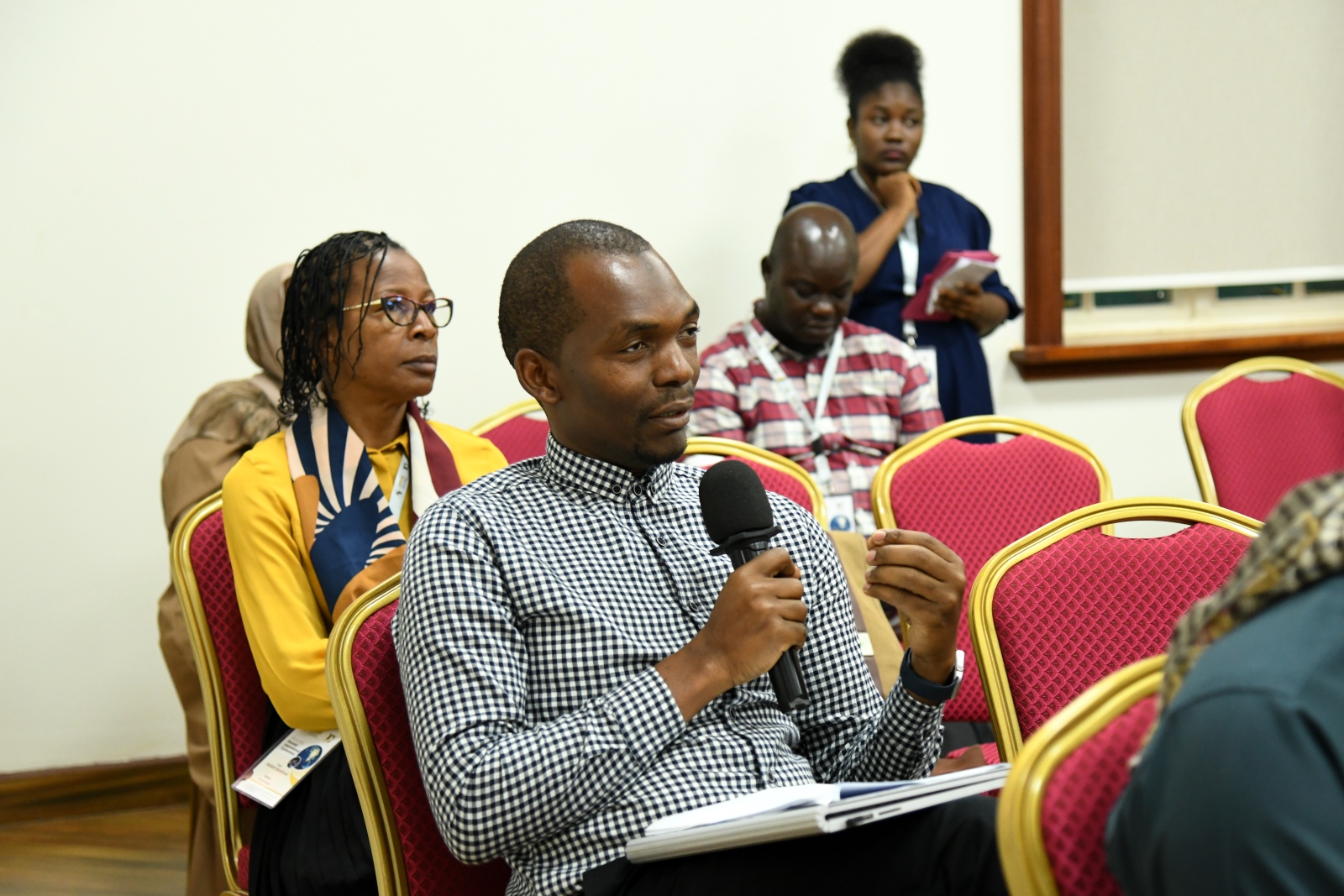
Dr. Chongomweru emphasized that AI without culture is not intelligence but extraction. When AI models are trained on Western norms, they impose Western values globally, leading Africans to adopt technology without shifting the moral and cultural lenses behind it.
He urged a shift in focus from access to ownership, arguing that access without control only deepens dependency — another form of digital colonialism. True equalization, he said, means determining who owns, benefits from, and governs African data and AI systems.
To decolonize AI, Dr. Chongomweru proposed several actions:
- Build African-owned data repositories hosted on African soil and governed by African laws.
- Invest in AI research in African languages, moving from translation (copying) to representation (originating ideas).
- Develop home-grown technological infrastructure, ensuring computation and innovation occur within the continent.
He concluded that Africa’s AI agenda must be rooted in cultural, linguistic, historical, and sovereign identity, drawing from African philosophical traditions to create ethical and inclusive AI systems.
Marvin Galiwango cautioned that Africa’s growing engagement with AI still relies heavily on foreign tools, funding, and servers, creating digital dependency rather than empowerment. He argued that so-called “inclusion” often leaves Africans creating within systems they don’t control. Drawing parallels with genomics, he noted that Africa provides data but lacks ownership of infrastructure and outcomes. He concluded that true technological independence requires Africans to build and govern their own digital systems.
The session closed with a lively discussion on the ethics of AI use in research, the need for inclusive data models, and the role of African universities in decolonizing digital technologies. Participants agreed that decolonizing AI is not merely a technological issue but a cultural, ethical, and identity-driven imperative for Africa’s future.

